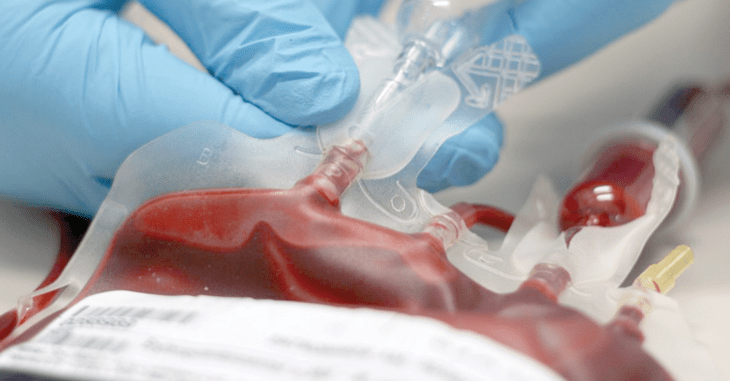
Did you know your blood group can affect your health?Check it out today!.

Understanding your blood type extends beyond emergency scenarios; it can provide crucial insights into potential health risks and conditions. Delve into the profound connections between blood types and various health aspects to empower yourself with valuable knowledge.
Cardiovascular Risks: Certain blood types (AB, B, and A) are associated with an increased risk of heart disease, emphasizing the importance of lifestyle factors in mitigating these risks.
Blood Clotting: Type AB, A, and B individuals face higher risks of blood clots, highlighting the interplay between blood type and genetic predispositions.
Fertility and Blood Type: Type O blood may correlate with lower fertility levels in women, although age remains the primary factor influencing fertility.
Cognitive Decline: Individuals with type AB blood face heightened risks of dementia and memory loss, potentially linked to higher levels of the Factor VIII protein.
Stomach Cancer: Blood types A and AB are associated with increased risks of stomach cancer, attributed to bacterial infections and genetic predispositions.
Pregnancy Complications: Rh(rhesus) factor incompatibility can lead to pregnancy complications, necessitating early medical intervention for expectant mothers.
Stroke Risk: Non-O blood types are associated with higher stroke risks, possibly due to the Von Willebrand factor’s influence on blood clotting.
Longevity: Type O individuals tend to have longer lifespans, potentially due to reduced risks of cardiovascular diseases.
Stress Response: Type A individuals may experience heightened stress responses due to elevated cortisol levels.
Mosquito Attraction: Certain blood types, like type O, may attract mosquitoes more than others, potentially influencing insect bite occurrences.
Conclusion:
Understanding the nuances of blood types unveils a spectrum of health implications, from cardiovascular risks to fertility and beyond. Empowered with this knowledge, individuals can make informed decisions to optimize their well-being and mitigate potential health challenges. Explore the intricate connections between blood types and health outcomes to embark on a journey toward proactive health management.
Article By Suzy Nyongesa.
